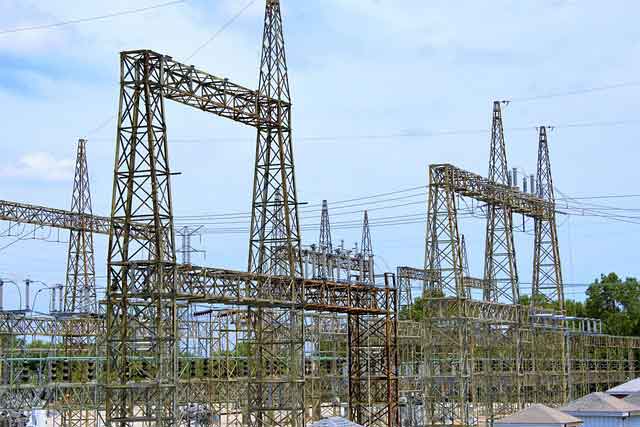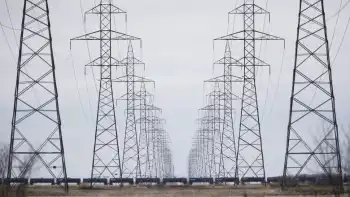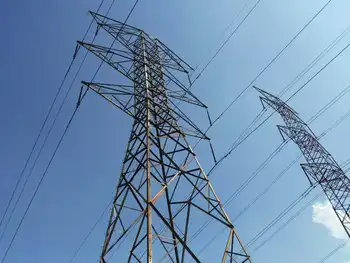EPA Lawsuit against Duke Energy Falters
A key ruling in the case last summer would make a trial a waste of time, the agency said in agreeing to ask a judge to rule in Duke's favor.
But the government and three environmental groups that intervened in the case said the case isn't over. They will appeal the earlier ruling in hopes of reviving their three-year-old claims against Duke.
The lawsuit, based on the "new source review" provisions of the Clean Air Act, could have cost Duke millions of dollars in penalties and pollution upgrades. Santee Cooper, South Carolina's state-owned utility, settled a similar case last month by agreeing to spend $100 million on pollution controls.
The EPA and the Justice Department filed the suit in December 2000, claiming Duke modified eight coal-fired power plants, prolonging their operating lives without also installing new pollution controls.
The plants produce about half the electricity generated by Duke Power.
The government wanted Duke to install state-of-the-art pollution controls at each plant, and sought fines of up to $27,500 for each day the company violated the act, dating to 1988.
Duke said the work consisted only of routine repairs and replacements.
"We're moving a big step closer to resolving this matter in a way that is favorable to Duke Energy," president and chief operating officer Fred Fowler said in a statement.
"Prevailing at the federal trial court level validates Duke Energy's position that we have operated in compliance with the Clean Air Act's" new-source review rules.
Last August in Greensboro, U.S. District Judge Frank Bullock made two preliminary rulings that gutted the government's case against Duke.
In one key ruling, Bullock said the case would hinge on whether the plant modifications increased their hourly rate of pollution emissions.
The government contends the proper standard was whether Duke's overall emissions would increase, because the modifications would add years to the plants' operating lives.
"It was clear at the time that if that ruling were to apply, the government would not be able to prove its case," said Jeff Gleason of the Southern Environmental Law Center. The center represents Environmental Defense, the Sierra Club and the N.C. Public Interest Research Group, which intervened in the case.
In February, Bullock denied the government's request to appeal the rulings to the 4th U.S. Circuit Court of Appeals.
Recently, all parties to the suit filed a joint motion asking Bullock to rule in Duke's favor. If Bullock grants the motion, a trial scheduled to begin in July will not be held.
The motion is intended to get an immediate appeals-court review of Bullock's August ruling, the Justice Department said. If the government wins its appeal, the case will be returned to district court for trial.
Controversy swirls around changes to new-source review rules the Bush administration has proposed. Critics say the proposals could exempt some aging power plants from ever having to upgrade their pollution controls and undercut existing enforcement, including the Duke lawsuit.
The EPA has vowed, however, to vigorously pursue existing cases. The Justice Department said it is prosecuting five other similar cases in federal courts. It won a decision against Ohio Edison and is waiting for a decision against Illinois Power.
Gleason said the recent motion to end the case had nothing to do with political pressure from the administration. "It's purely (because of) the judge's ruling," he said.
Duke will spend $1.5 billion, under North Carolina's 2002 Clean Smokestacks Act, to cut emissions of pollution-forming nitrogen oxides and sulfur dioxides. Duke Power has more than 2 million customers in the Carolinas.
Related News

Berlin Electric Utility Wins National Safety Award
BERLIN - The Town of Berlin Electric Utility Department has been recognized for its outstanding safety practices with the prestigious Safety Award of Excellence from the American Public Power Association (APPA). This national honor is a testament to the utility’s commitment to maintaining the highest standards of safety for its workers, ensuring both their well-being and the continued reliability of the electrical services provided to the community.
Recognition for Excellence
In an era when workplace safety is a critical concern, the Town of Berlin Electric Utility Department’s achievement stands out. The department earned the Gold Designation award in the category…





